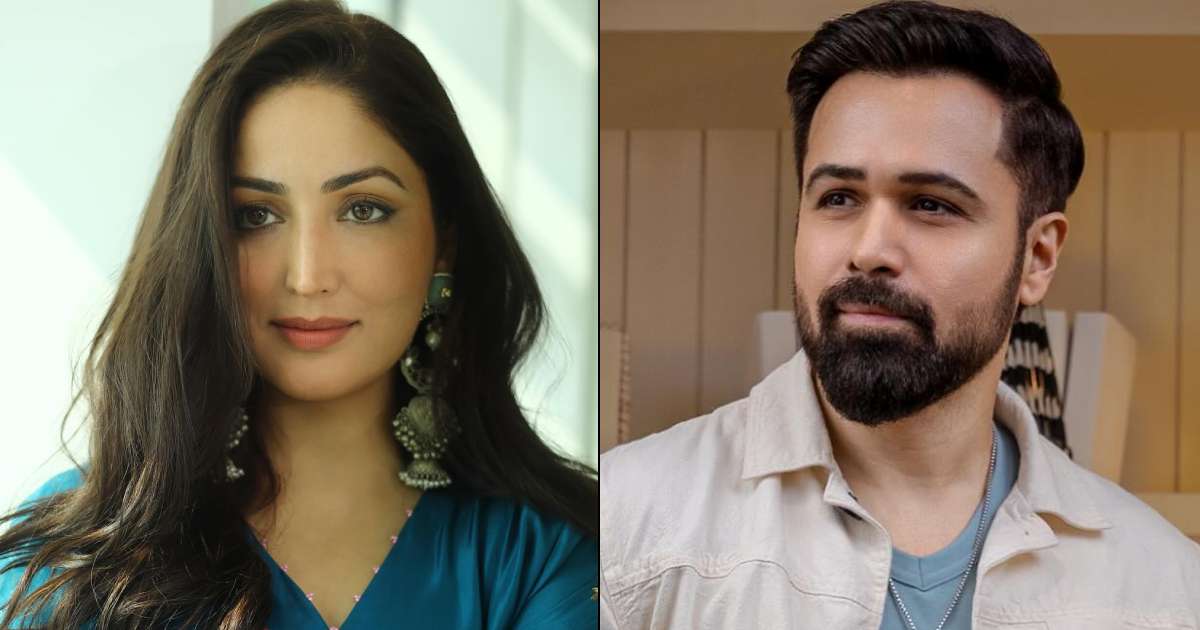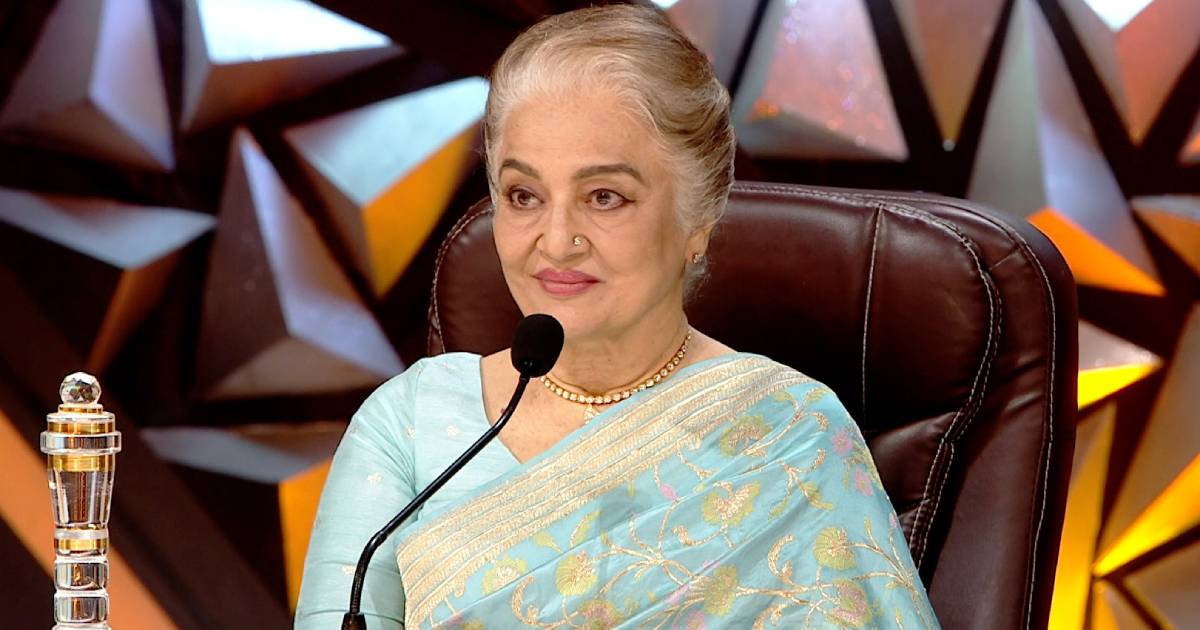
Forty years ago, the Supreme Court delivered a judgment that would become one of the most significant — and controversial — legal rulings in India’s constitutional history. The Mohd. Ahmad Khan v. Shah Bano Begum case (1985) affirmed the right of a divorced Muslim woman to claim maintenance under Section 125 of the CrPC, irrespective of religious personal law.
Shah Bano, a 62-year-old mother of five, had been divorced via triple talaq by her husband, a lawyer, who refused to pay her maintenance. Her fight went all the way to the Supreme Court, which ruled in her favor — a victory for gender justice that underscored the primacy of constitutional rights over personal law.
The verdict, however, sparked fierce backlash from conservative religious groups. In response, the government enacted the Muslim Women (Protection of Rights on Divorce) Act, 1986, effectively curbing the judgment’s impact and reigniting national debate around secularism, legal reform, and the Uniform Civil Code.
Trending
Four decades later, that debate remains unresolved — but the story of Shah Bano is set to reach a new generation.
A feature film inspired by her legal battle is currently in production, directed by Suparn S. Verma. Starring Yami Gautam Dhar and Emraan Hashmi, the film revisits the human and societal cost of a case that redefined the intersection of law, religion, and women’s rights in India.
Shah Bano’s case laid the groundwork for future legal challenges to discriminatory practices and is still studied in law schools today. As India continues to grapple with issues of identity, equality, and legal reform, her story remains a powerful reminder of one woman’s courage against overwhelming odds.
For more such stories, check out Bollywood News!
Must Read: When Amitabh Bachchan Faced Rejection Because Of His Unique Vocal Quality: “Maybe My Voice Was Not…”
Follow Us: Facebook | Instagram | Twitter | YouTube | Google News



 Follow Us
Follow Us









